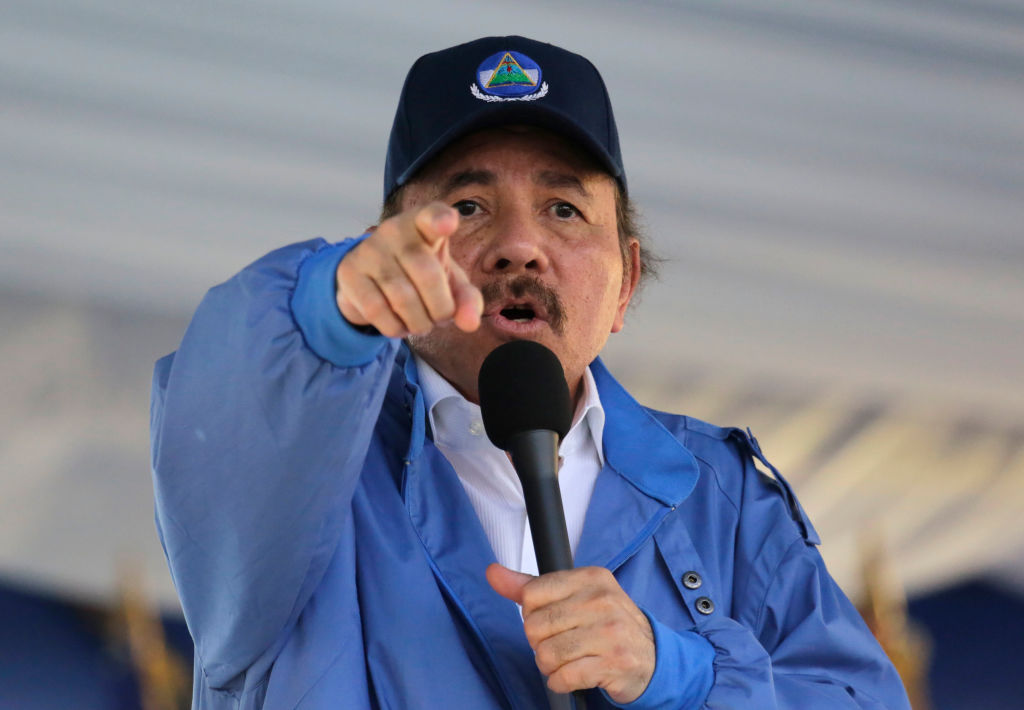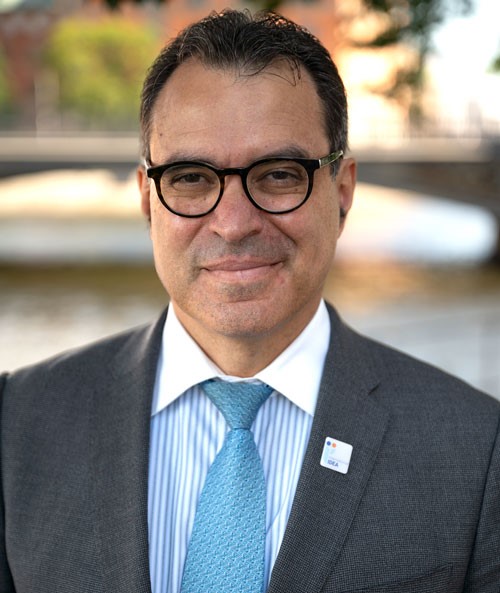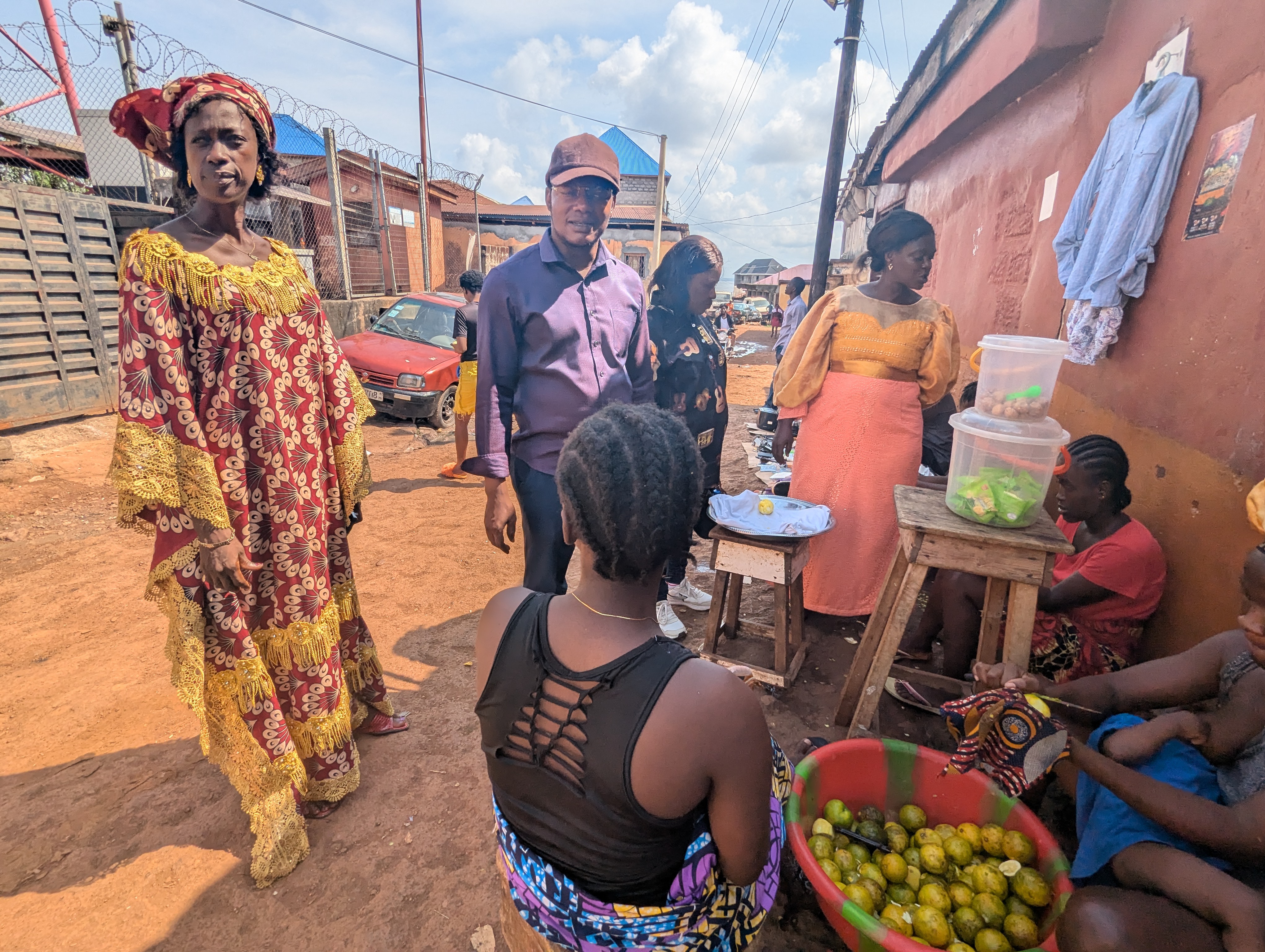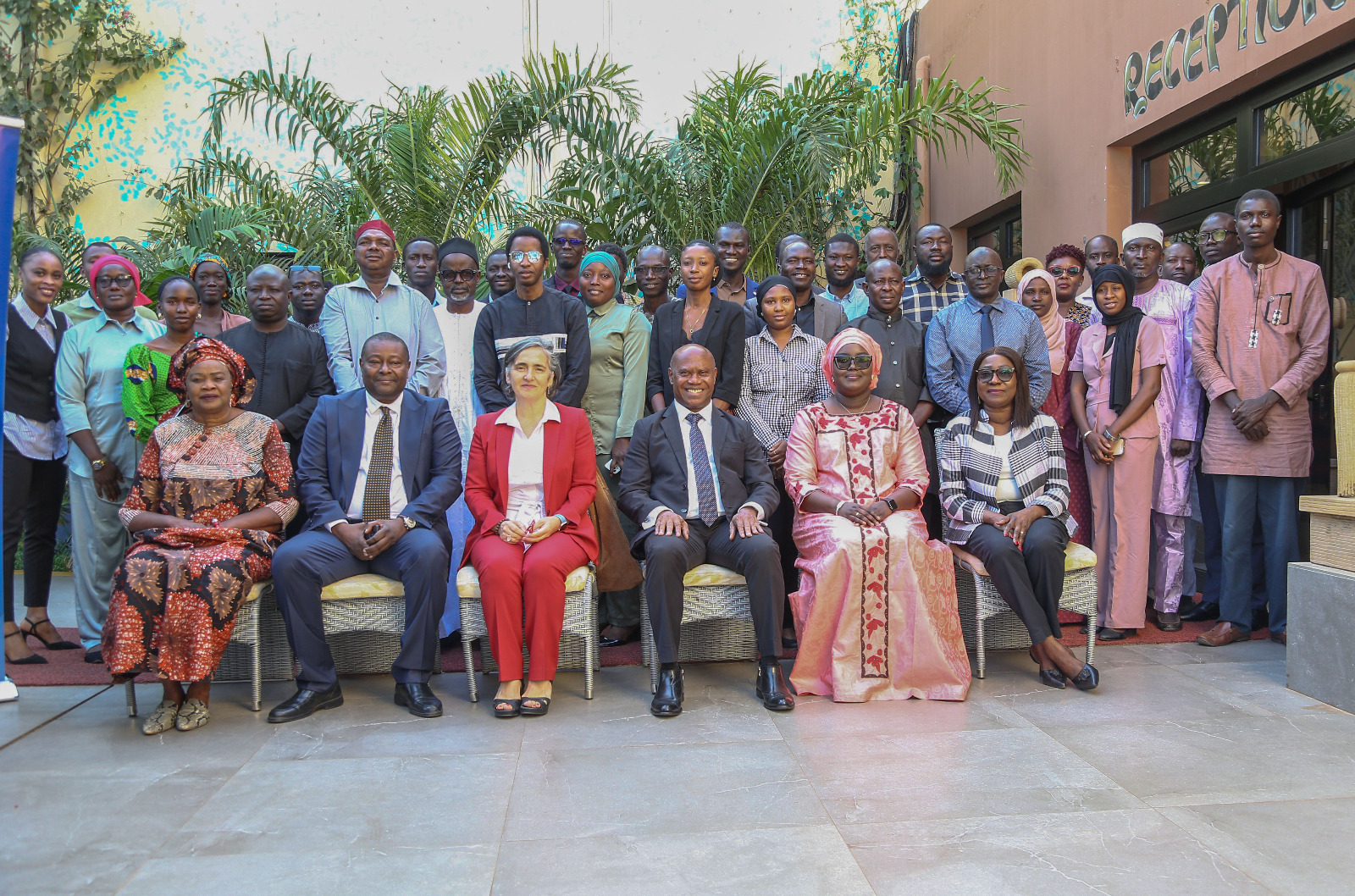
Disclaimer: Views expressed in this commentary are those of the author. This commentary is independent of specific national or political interests. Views expressed do not necessarily represent the institutional position of International IDEA, its Board of Advisers or its Council of Member States.
In December of 2008, in the wake of Nicaragua’s fraud-ridden local elections, I wrote a piece calling for the international community to prevent the country from morphing into the Western Hemisphere’s Zimbabwe, and Daniel Ortega from becoming Robert Mugabe. The election, held without reputable international observers and under the complacent gaze of a government-controlled electoral authority, was the first tangible sign that the end of the country’s brief democratic interlude was no longer a risk – it was a reality.
Nothing much happened. A few European developing agencies discreetly left the country, while the U.S. government added a bit of huffing and puffing, eager to keep Ortega on the right side of counter-narcotics efforts. Most of all, in a pattern that would repeat itself incessantly until this day, there was silence coming from Nicaragua’s Central American neighbors, with the intermittent exception of Costa Rica.
What followed was an ineluctable descent into authoritarian rule defined by the government’s co-optation of all institutions, the shrinking ability of opposition parties and civil society to operate, the constant harassment of independent media, and the complicit silence of powerful actors in society, notably the business elite. All this happened in broad daylight, and yet was strangely unseen. Occupied with Venezuela’s never-ending calamity, no one in Latin America and beyond seemed to have the bandwidth to pay attention to another democratic breakdown in the region.
To continue reading this Commentary, please visit the website where it was originally published: Americas Quarterly


